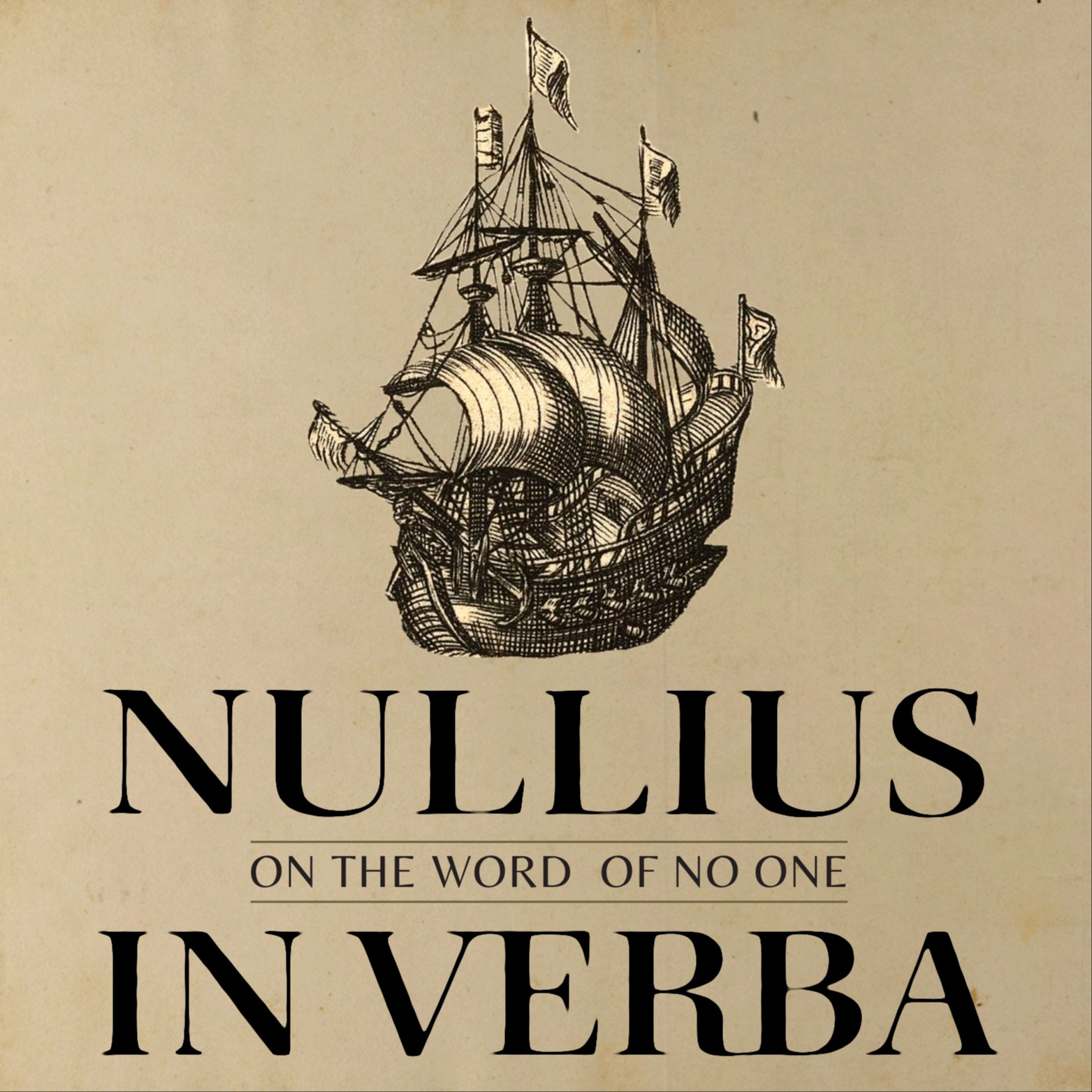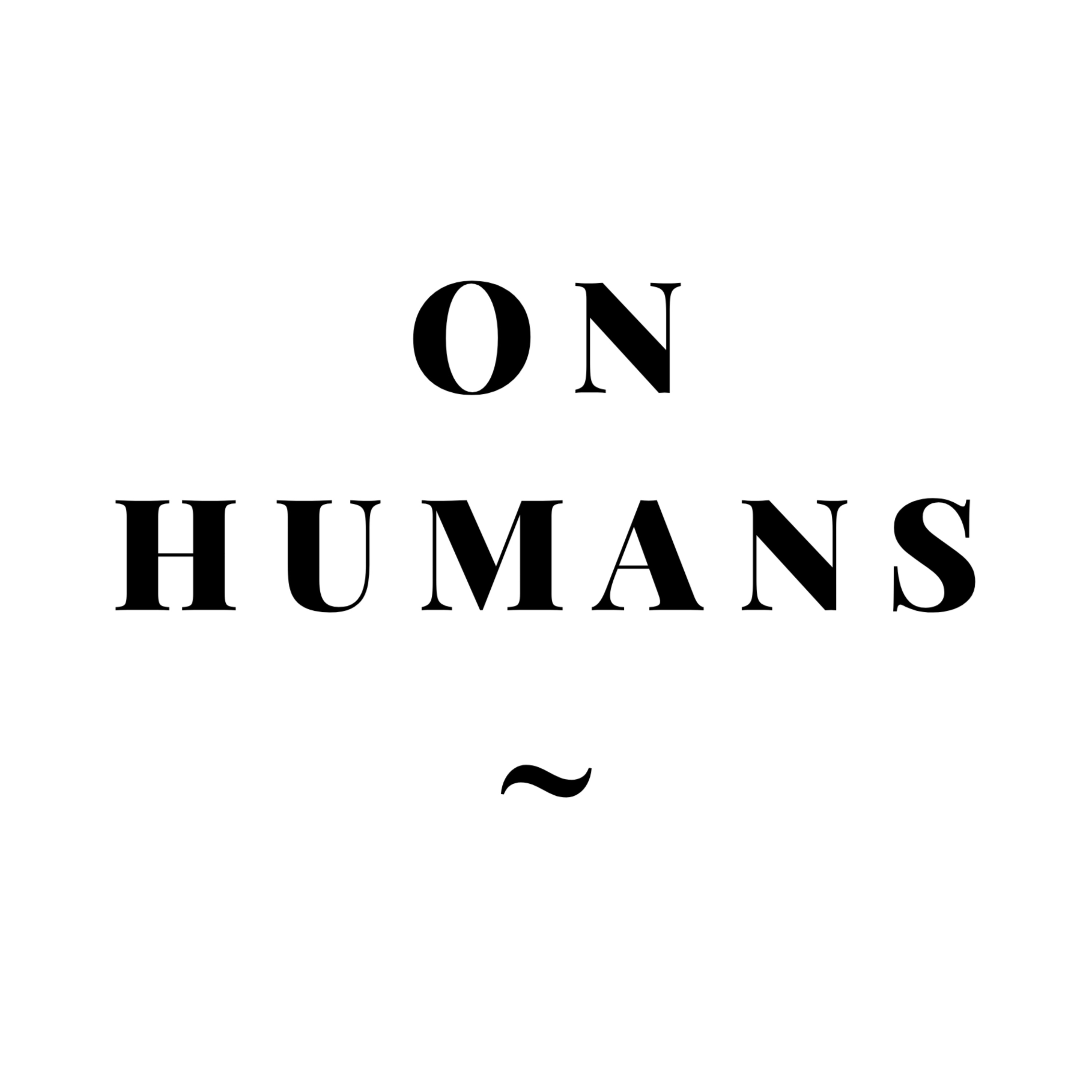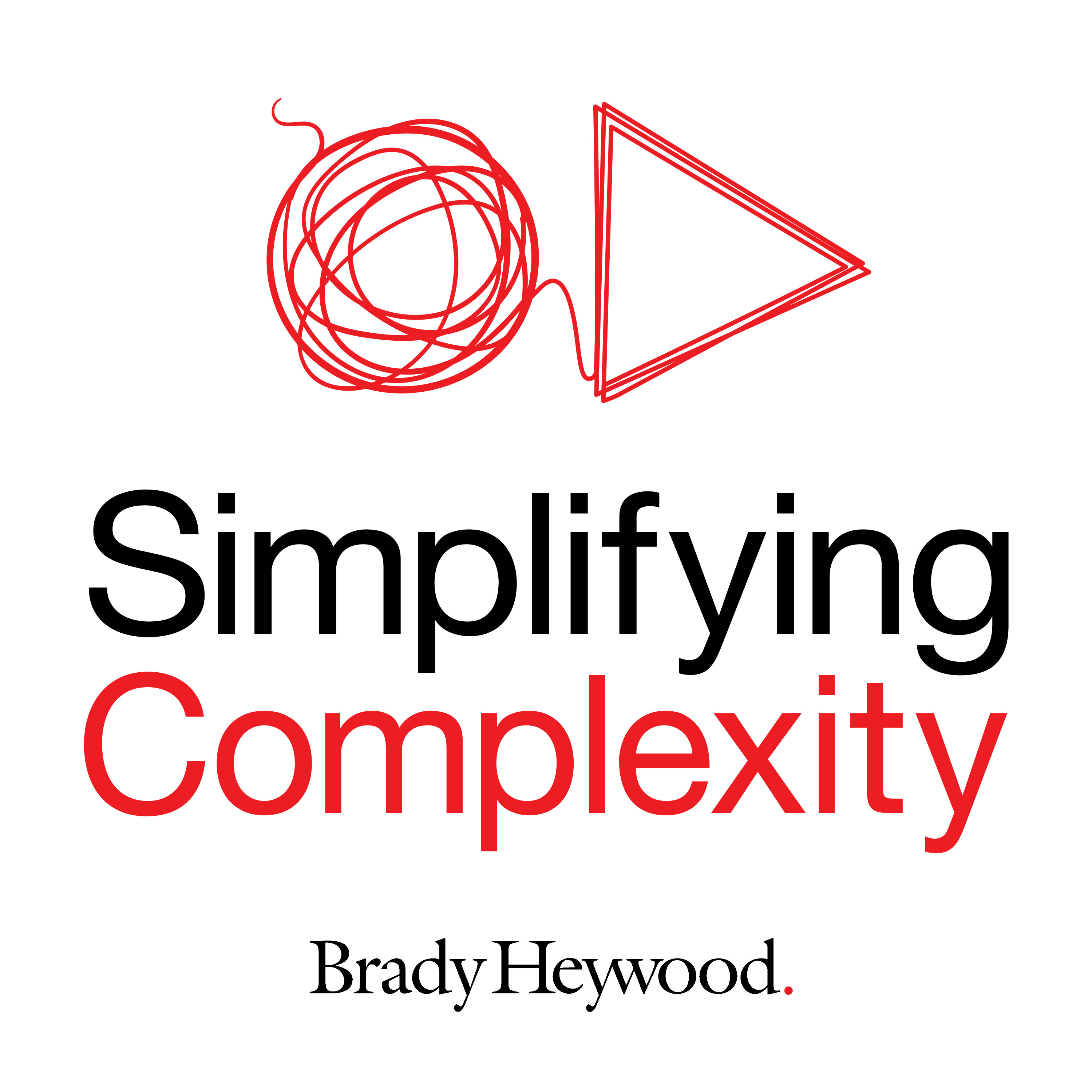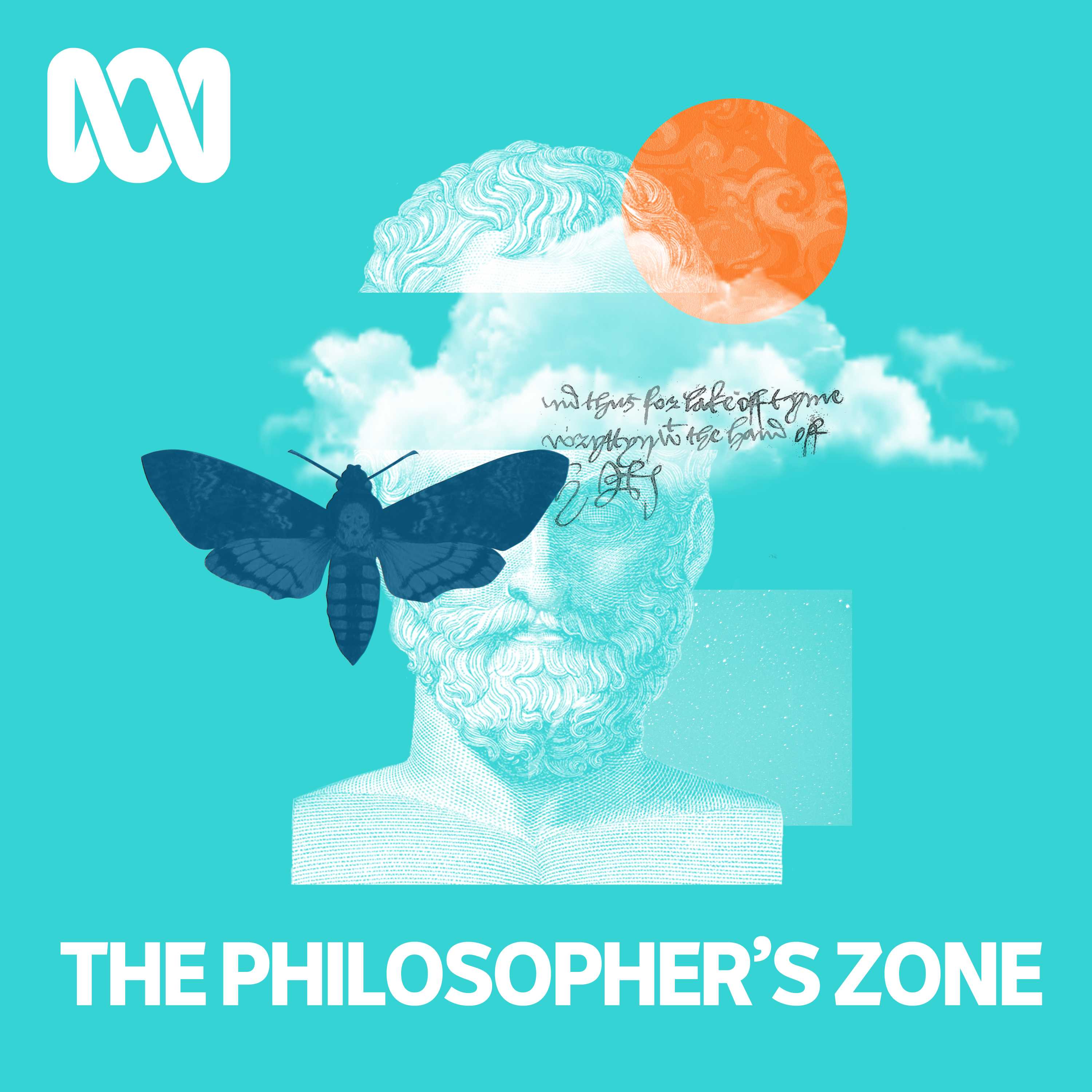
The HPS Podcast - Conversations from History, Philosophy and Social Studies of Science
Leading scholars in History, Philosophy and Social Studies of Science (HPS) introduce contemporary topics for a general audience. Developed by graduate students from the HPS program at the University of Melbourne.
Lead Hosts: Thomas Spiteri (2025) and Samara Greenwood (2023-2024).
Season Five is now here! Episodes released weekly. More information on the podcast can be found at hpsunimelb.org
The HPS Podcast - Conversations from History, Philosophy and Social Studies of Science
S5 E3 - Hans-Jörg Rheinberger on 'Epistemic Things'
Today on The HPS Podcast, Thomas Spiteri talks with Hans-Jörg Rheinberger, distinguished historian and philosopher of science and Director Emeritus at the Max Planck Institute for the History of Science in Berlin. Trained first in philosophy and then in molecular biology, Rheinberger is well-recognised for his work on the history and epistemology of experimentation. His influential work, including concepts like “experimental systems” and “epistemic things,” has helped shape how we understand the material, conceptual, and historical dimensions of scientific research.
In this episode, Rheinberger:
- Describes his path from philosophy to molecular biologist, and how time at the lab bench informed his understanding science
- Explains what “experimental systems” are—carefully arranged environments where scientists interact with both the unknown and the tools that make inquiry possible
- Defines “epistemic things,” the phenomena that underpin scientific curiosity, and “technical objects,” the stable tools and methods that emerge from research over time
- Illustrates these ideas with vivid case examples, from solving the genetic code with synthetic RNA to the invention and evolution of the electron microscope
- Reflects on the impact of new technologies, automation, and digital visualisation, and what persists — and changes — about experimentation in the contemporary lab
Relevant Links
- Hans-Jörg Rheinberger profile – Max Planck Institute for the History of Science
- Split and Splice: A Phenomenology of Experimentation ( University of Chicago Press), 2023
- Epistemology of the Concrete: On Historicizing Epistemology (Duke University Press), 2010
- Toward a History of Epistemic Things (Harvard University Press), 1997
Transcript coming soon
Thanks for listening to The HPS Podcast. You can find more about us on our website, Bluesky, Instagram and Facebook feeds.
This podcast would not be possible without the support of School of Historical and Philosophical Studies at the University of Melbourne and the Hansen Little Public Humanities Grant scheme.
Music by ComaStudio.
Website HPS Podcast | hpsunimelb.org
Welcome to the HPS Podcast: a podcast where we chat all things history, philosophy, and social studies of science. Today we have the privilege of speaking with Hans-Jörg Rheinberger, Director Emeritus at the Max Planck Institute for the History of Science in Berlin, where he served as director from 1997 to 2014.
With a background in both philosophy and molecular biology, Rheinberger has explored a wide range of topics in the history and epistemology of science from molecular biology genetics, protein biosynthesis to broader questions about how scientific knowledge is made. Rheinberger's work is well recognised through his development and detailed analysis of experimental systems, which he uses to describe the dynamic arrangements of materials, instruments, procedures, and scientific questions within laboratories.
Within these experimental systems, Rheinberger introduces the concept of epistemic things: the fundamental objects of investigation that attract the attention and curiosity of scientists and which drive experimental research. They are those material entities, processes, or phenomena that are at the centre of scientific inquiry. They emerge at the intersection of what we know and what we seek to discover, and they're characterised by this provisional open-ended status.
Over the course of investigations, some epistemic things may stabilise and become technical objects: they are the tools and methods that result from stabilising those investigations that can then be used to explore new epistemic things.
In today's conversation, we discuss Professor Rheinberger's path from philosophy to molecular biology and back. We delve into the dynamics of experimental systems, explore his definitions of epistemic things and technical objects, and reflect on the broader implications for scientific practice.
____________________
Thomas Spiteri: Professor Hans-Jörg Rheinberger, thank you so much for joining us today.
Hans-Jörg Rheinberger: Thank you for inviting me.
Thomas Spiteri: You've had a career in both molecular biology and in the history and philosophy of science, could you tell us first a little bit about your background and about that transition?
Hans-Jörg Rheinberger: I began my career in philosophy. I began studying philosophy at the universities of Tübingen and later on in Berlin in Germany. After finishing, I had become interested in questions of philosophy of science. But I also had the impression that doing philosophy of science requires a certain amount of experience on the topic itself, and that is science. I decided to retrain myself as a biologist and after this second study, I entered a molecular biology laboratory, where I worked for altogether about 15 years before, then afterwards returning to history and philosophy of science. It is a little bit complicated but I think that was my itinerary.
Thomas Spiteri: You did your masters in philosophy. What kind of philosophical topics were you looking at then?
Hans-Jörg Rheinberger: I had become interested by then, in what, at that time at least, was called French Theory. I did my masters on the epistemology of Louis Althusser, who basically did a kind of re-reading of the 19th century philosopher and economist, Karl Marx. It was basically Althusser, that was if you can say so, philosophy of science.
Thomas Spiteri: I'm curious how your experience at the bench informed the conceptual and the methodological questions that you would later pursue as a philosopher, as an epistemologist of experimental systems.
Hans-Jörg Rheinberger: As you can imagine, if studying philosophy basically means reading books and discussing papers and things like that, there is practically no hands-on experience. That to a certain amount continues when you study biology. Usually not before more or less the end, you do not get into contact with concrete research situations; they are also learning. But when I got a diploma place, I entered the laboratory, and this was a completely new experience for me: doing experiments, using my hands as epistemological tools, if you like.
That opened up a new universe for me. I became extremely fascinated by doing that. At the beginning I had thought, okay, I do my diploma and maybe afterwards my dissertation, but then I will switch back to philosophy of science. Then for about a dozen years, I forgot about that because I had become so interested by laboratory work. I enjoyed it tremendously that I simply stayed. It was a prolonged experience then, and I think I have extremely profited from that time, afterwards in reflecting about what science is and how science the sciences proceed.
Thomas Spiteri: Your work often draws from the French tradition of historical epistemology, so you look at people like Gaston Bachelard. But also others, Ludwig Fleck for example. Figures who reorient epistemology as something historically contingent and materially embedded. How does this approach allow you to move beyond other epistemological frameworks, perhaps such as those more common in the Anglophone world?
Hans-Jörg Rheinberger: I think of course Ludwig Fleck does not belong to the French tradition, but he's one of the people who also worked in the 1930s. There was a trend to start to look differently at the sciences in that time, in the 20th century, the time between the two wars after World War I and before World War II.
Figures such as Bachelard and Ludwig Fleck, but others as well at that time, really had the idea we need to create a new philosophy of science. One that is a little bit nearer to how the sciences proceed and look at the practices out of which science grows. I think this is something that resonated completely with my own laboratory experience, and therefore I always had a faible for this kind of epistemology. I found straightforward analytical philosophy relatively uninteresting because it didn't resonate with what my experience was in the lab.
Thomas Spiteri: I'd like to talk more about your experiences in the lab, these concrete research situations as you call them. You've described experimental systems not simply as settings for testing hypotheses but, borrowing from François Jacob, as machines for making the future. What defines an experimental system and why is it so central to the way scientific knowledge is generated?
Hans-Jörg Rheinberger: When I entered the laboratory, of course everybody has this experience, that doing good experiments means to restrict yourself to bits and pieces of the matter you are interested in. You have to arrange it in a certain way so that you can get information out of it, then transform this information later into data with which you can work further. You have to create an arrangement that in a way, at least very roughly speaking, has at least two components.
One component is the target of interest. In my case when I was in the lab, it was protein synthesis in a cellular context or in an extracellular context, when you do experiments on. The other element is the tools and instruments with which you try to approach the question. So you have a topic, or as I call it, an epistemic thing. This Is an element of your research setting that you do not completely know – otherwise, you would not be interested in it. You would like to get more knowledge about it and that is essentially underdetermined. There is no other way: this is an epistemic object, that's how it is.
But the tools and the instruments that you direct onto that are usually, as a rule at least, much more defined. They are straightforward; they are technical things that in principle you have understood otherwise you would not have been able to construct them. An epistemic thing, you do not construct in that sense, like a technical object. You make an arrangement within which you can approach the object. When you're doing experiments, you have to create an interface between these two elements and everything depends on the productivity of this interface. That is basically how I would describe it.
People in the lab, usually, at least in laboratories of molecular biology in which I worked, people themselves call these arrangements systems: either experimental systems or systems short or model systems; that's shop talk. I thought there is something behind that and I can pick up this expression and make it into an epistemological tool itself for my own historical research.
Thomas Spiteri: Within these arrangements you've got, as you've outlined for us, these epistemic things and technical things. Can you walk us through, maybe with a case example, how an epistemic thing becomes stabilised into a technical thing? How maybe today's epistemic object, epistemic thing, can become tomorrow's research tool.
Hans-Jörg Rheinberger: I can give you examples. Maybe I'll give you two different examples of how epistemic things can become technical objects.
The first one is from the history of protein synthesis itself. At the end of the 1950s and the beginning of the 1960s, a few laboratories in the United States had introduced synthetic ribonucleic acid – synthetic RNA – as messengers in their in vitro experimental systems with which they eventually were able to solve the question of the genetic code. At that time, this was an epistemic object of extreme interest, solving the genetic code. That was the arrangement within which it happened.
Twenty years later when I entered the laboratory, this test system had become a standardised part of my daily experiments. There was no research question anymore with respect to this standardised piece of doing a test. Other questions have become interesting, and this test could help you to characterise maybe whether your preparation of ribosomes had been good enough or not, and things like that. So, this epistemic object had become a technical object that was integrated into the research process, into the further research process. But you can have other transformations.
I'll give you another example. In the 1920s, at the Technical University in Berlin, people were working with high voltage electron beams, and they tried to deflect them with magnets. Eventually this created the idea and people then started to work on that, [thinking] maybe we can use an electron beam as a microscope. At the beginning this was simply a research question: what can we do with a high voltage electron beam, and how can we manipulate it?
Out of this grew the electron microscope which had developed within the next twenty years to a more or less usable instrument, and it began to be disseminated over the whole world as an instrument, as a technical instrument. There was an epistemic thing, a research question at the very beginning and out of this grew a completely new scientific technology that still today exists in a very advanced form, of course. History of science is full of these examples.
Thomas Spiteri: I wonder to what extent the epistemic thing travels into the domain of psychological science, where these objects are less materially anchored. Does it challenge or extend your framework at all? How do you think about these objects?
Hans-Jörg Rheinberger: I mean, psychology is a very difficult terrain, I do not know. I never worked in this area. But I think everywhere where you have open-ended research questions, something like an epistemic thing enters the stage and how it looks, whether it is materially constituted or whether it has a more fluid character, let's say it in that way; I think that is not the important thing. You have research questions, and in that sense, epistemic things also in the humanities.
Thomas Spiteri: Is there much of a difference between, say epistemic things, compared to just say, theoretical constructs or some well-defined object of study?
Hans-Jörg Rheinberger: I don't think that they are theoretical constructs, they are objects in that sense. At least in the natural sciences they're materially constituted, and they appear in the laboratory context as phenomena that you become interested in and you would like to explore. But of course a phenomena, that in a certain sense, carry a meaning with them, so they have also a kind of a conceptual side; they have a material side and a conceptual side at the same time.
The conceptual side is usually historically changing because it develops, and you get to know more about the phenomenon. In that sense you do not alter the phenomenon, but you arrange it in such a way that you can get information out of it. That always also means you manipulate it.
Thomas Spiteri: A recurring idea in your work is that scientific objects are not found as such, but they seem to be constructed through experimental practices, technologies and mediations. What implications does this view have for how we would understand something like scientific objectivity?
Hans-Jörg Rheinberger: My position differs from social constructivism and from technical constructivism. We do not, in that sense construct our epistemic things. They are are bits and pieces of nature surrounding us, about which we would like to learn more. But in order to learn more about them, we have to manipulate them otherwise we would not be able to get that. Usually, you restrict and you become interested in a particular aspect of the object.
That of course does not give you anymore the whole thing, it gives you a particular aspect. But the reality with which you are working is much richer – in the end it is endlessly rich. Really, you never come to an end because you can continue to become interested new aspects of your object, maybe other aspects in a future time are no longer interesting for you and can even be forgotten. It is an ongoing activity and nevertheless the bike [wheel] of knowledge that you gain can be very robust, and usually is, at least when it has become stabilised. Objectivity in that sense, I do not like very much the notion of objectivity. I would actually prefer to use a more performative term objectivation, for instance.
Thomas Spiteri: Could you unpack that distinction in a little more detail?
Hans-Jörg Rheinberger: Objectivation is a process. You're engaged in a process of learning more about your object. Objectivity is an ideal, but it doesn't help you to do experiments.
Thomas Spiteri: Do you think it's meaningful to invoke terms such as realism, science describing the world as it really is? Do you think it's a useful way to characterise our knowledge?
Hans-Jörg Rheinberger: The question of realism, of course, it's in the background of everything. I think I came across a very interesting passage in Michael Polanyi's philosophical work. I think he studied medicine and became interested in physical chemistry and worked at the Kaiser Wilhelm Institute in Berlin in the 1920s. After the Nazis took over, immigrated to Great Britain where he continued to work; I think he was based in Manchester. Later on, he became more and more interested as a scientist in questions of philosophy of science. During the 1950s, 1960s wrote a couple of very interesting books on what he called tacit knowledge: the kind of knowledge that goes into experimenting and doing scientific work that you cannot at any time make completely explicit.
He had this idea, I cannot quote it literally now, but basically it goes the following way: he somehow says to trust that something is real. That would be the definition of reality, to trust that something is real, with which you are confronted is the fact that it can force you to turn into unforeseen directions, it can surprise you. There is resistance, there is resilience on the side of the object, and it can induce you to enter in a direction or to deviate your research process. It has the force to be in that sense, a sparring partner. I think this is a very nice definition of scientific reality.
Thomas Spiteri: I'd like to consider some contemporary knowledge-making practices, especially in the digital age. In your work, particularly your most recent book Split and Splice, which I've really enjoyed reading, you emphasise the centrality of visualisation, of inscription, scribbles, manipulation, and hands-on experimentation in the production of epistemic things. These are guided manipulations, not just by-products or epiphenomena. They're part of what we might call the infrastructure of emergence. But today scientific research is increasingly shaped by automated systems, machine learning, simulation. Do these newer epistemic configurations still follow the same logic of material engagement, or do they require us to rethink how epistemic things come into being?
Hans-Jörg Rheinberger: I think you touch a very important point, what somebody would have to do at the time; I'm not aware that this historical work has been done. To do a case study on maybe the development of biochemistry and molecular biology over the 20th century and simply look at textbooks. If you look at the textbook of around 1900 that gives you the biochemical or physiological knowledge of the time, you basically find no images. All of what you have is text and the chemical formula. It's language, it's chemical language.
It is only around the middle of the 20th century that new forms of visualisation enter this field. A particularly good example is Jim Watson's textbook on the Molecular Biology of the Gene. It was absolutely new in this kind of, new visual universe that it created. This has been taken further and of course reinforced by the plethora of visualisation technologies that have been developed over the 20th century.
I think we should be careful with thinking that the old age of doing experiments with your hands is now completely over and we enter a new field, and everything becomes AI, or artificial intelligence. If you look into the history of the sciences and the history of biology in particular, to do a thought experiment: take somebody who was trained as a biologist around 1800 into a biochemical laboratory of 1900. This guy would not understand anything anymore of what is going on there and take a biochemist of 1900 and put him into today's molecular biology laboratory, he would be completely lost. He wouldn't understand anything. There is, in this sense, the creation of new laboratory realities all over time, and it is not the first time that this kind of thing is happening.
I visited my old laboratory. I was working until the end of the 1980s and thirty years later the building is still there and people are doing, still, their work. I entered it and it had completely changed, and I would no longer, with my experimental knowledge of the 1980s, I would not be able to do any experiments anymore today, under these new conditions. Only people who grow [develop] the technical changes that the infra world of instrumentation, as I call it in the book, is undergoing, would be able to follow and to integrate themselves into these environments.
Thomas Spiteri: When you did revisit the lab, how was it? What kind of observations did you make?
Hans-Jörg Rheinberger: The observation was of course, that the bench work with your ice and things where you could put your flasks in, and all these kinds of things had more or less disappeared. People were all sitting in front of their computers and in the background you had huge machineries that were doing experiments in a more or less automatic manner. I think if it would only be that, it would not be a place where new knowledge is created; it would become a place where you just turn over what you know.
It is still the combination and the recombination of bits and pieces of information you get from something going wrong, or if your visualisation options that you have at the computer tell you something. Maybe we should arrange it in a slightly different way, and things like that. I think this kind of engine of research ingenuity that people who really are doing that work need to have and need to acquire, is today as important as it was yesterday, although the environment has completely changed.
Thomas Spiteri: Professor Hans-Jörg Rheinberger, thank you so much for joining us today.
Hans-Jörg Rheinberger: Thank you for the interview, it was great to talk to you.
____________________
Copyright © 2025 School of Historical and Philosophical Studies, University of Melbourne
For permissions and enquiries: thehpspodcast@gmail.com
[1] Interviewer: Thomas Spiteri, History and Philosophy of Science, University of Melbourne. Recorded 30 July 2025; published 07 August 2025. Transcript prepared by Christine Polowyj.
Podcasts we love
Check out these other fine podcasts recommended by us, not an algorithm.

The P-Value Podcast
Rachael Brown
Let's Talk SciComm
Unimelb SciComm
History and Philosophy of the Language Sciences
James McElvenny
In Our Time: Science
BBC Radio 4
Time to Eat the Dogs
Michael Robinson: historian of science and exploration
Nullius in Verba
Smriti Mehta and Daniël Lakens
The Disappearing Spoon: a science history podcast with Sam Kean
Sam Kean, Bleav
History of Philosophy Without Any Gaps
Peter Adamson
Narrative Now
Narrative Now
On Humans
Ilari Mäkelä
